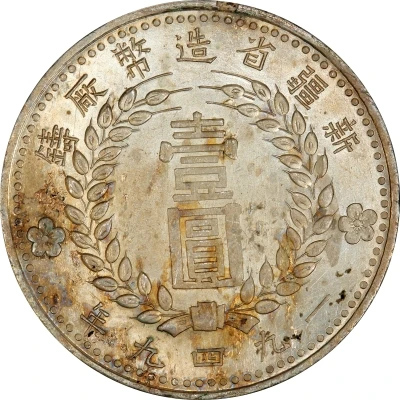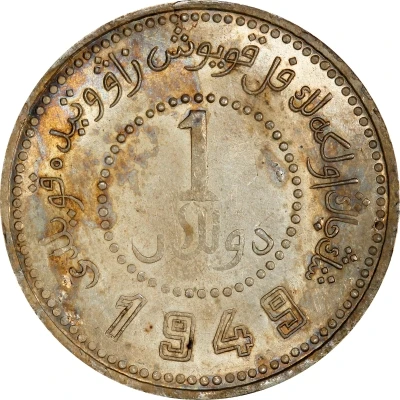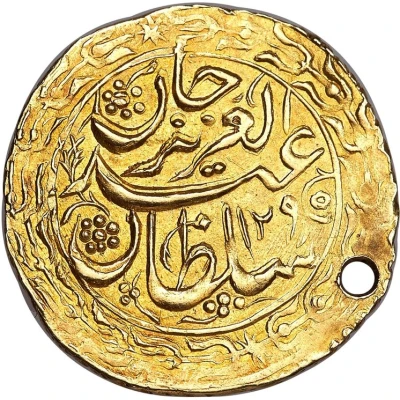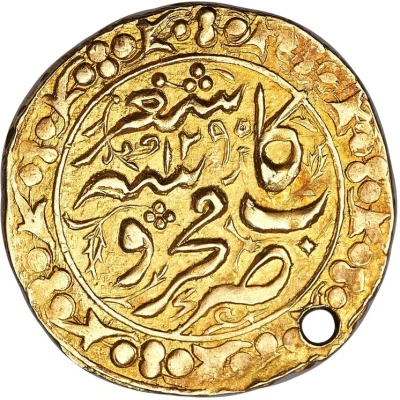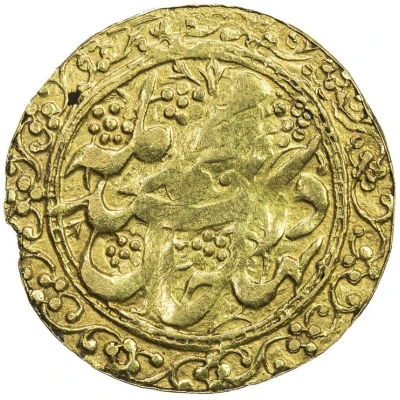
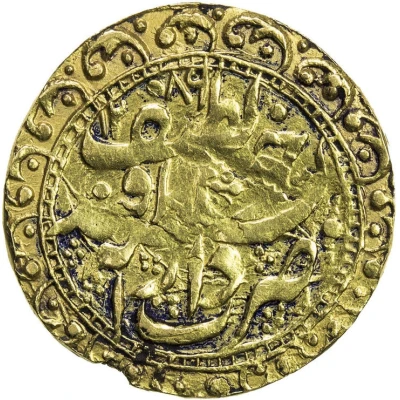

© Stacks Bowers
1 Tilla Muhammad Malla imitation
1289 (1872) year| Gold | 4.50 g | - |
| Issuer | Sinkiang Province |
|---|---|
| Type | Standard circulation coin |
| Year | 1289 (1872) |
| Calendar | Islamic (Hijri) |
| Value | 1 Tilla (10) |
| Composition | Gold |
| Weight | 4.50 g |
| Shape | Round |
| Orientation | Variable alignment ↺ |
| Demonetized | Yes |
| Updated | 2024-10-04 |
| Numista | N#296742 |
|---|---|
| Rarity index | 100% |
Reverse
Arabic legend within circle border.
Script: Arabic
Lettering:
خوقند
سلطان
ضو ب دار
١٢٨۹
Translation:
zarb dar us-sultanat koqand / 1289
Khoqand Mint / Sultan's house / 1289
Comment
While this type says it was struck at the Khoqand Mint for Muhammad Malla of the Khoqand Khanate, that ruler was assassinated in 1862. Although this type was formerly considered a rebel issue in or near Khoqand, new evidence (thanks to Irpon Tukhtiev and Vladimir Nastich) has proven these were actually pieces from Yaqub Beg of Sinkiang. It seems these were some of the first coins issued by Yaqub Beg, which were in turn replaces with coins struck in the name of Ottoman Sultans.Interesting fact
The 1 Tilla coin from Sinkiang Province, made of gold and weighing 4.50g, is an interesting piece of history. One fascinating fact about this coin is that it was created as an imitation of the original Muhammad Malla coin, which was first introduced in the 13th century during the reign of Sultan Muhammad II. The imitation coin was minted in 1289 (1872) and was used as a means of currency in the Sinkiang Province. Despite being an imitation, the 1 Tilla coin still holds significant value and is a sought-after collector's item among numismatists.
